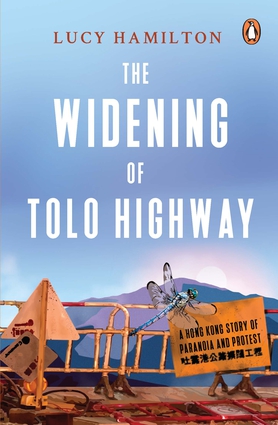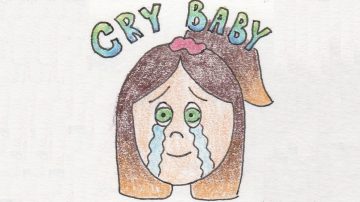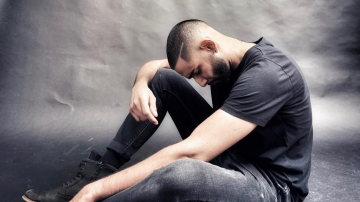
It is often asked what advice you would give to your younger self. We come up with answers like – stop being so hard on yourself, or trust that everything will work out, or perhaps invest in bitcoin. This advice is easy to give in hindsight. At the time though, it can feel impossible to step back from whatever you’re going through enough to recognise what you actually need to do to improve things.
In 2014, I started writing sporadic reflections on my life in Hong Kong. I was 21. I’d moved there straight after graduation and was working with friends in a kindergarten. I didn’t know at the time, but things weren’t… good.
I wasn’t eating, wasn’t sleeping, was struggling to maintain a long-distance relationship, and was beginning to spend more and more of my evenings tutoring. I had a day job, but the rapid pace of life and work ethic in Hong Kong was contagious – and I began to take on extra jobs scattered across the city.
This wouldn’t have been such a bad thing if I’d been looking after myself, socialising, keeping up with family back home. But instead, I stopped having fun, convinced that I was being lazy or wasting the opportunity to earn and save. At one point, I was tutoring 4 out of 5 week-nights and a whole day on Sunday. I was leaving at 7am and getting home at 9 pm, spending hours on buses and the MTR train, surviving on a banana and a few cashew nuts.
I was miserable. But crucially, I didn’t see it at the time! Even when my mum came to visit I was snappy and condescending, insisting that if we weren’t tearing around the city we weren’t making the most of her time in Hong Kong.
Two years later, after (finally!) listening to friends and family, I’d returned to Sheffield to do my Masters in Creative Writing. I remember one workshop where I’d shared an extract from my work with the group. It was written in the first person, the story of a daughter whose mother comes to visit her in Hong Kong. The class read my submission and one of the comments was, ‘The narrator seems reluctant to enjoy anything.’ It made me laugh and, yes, I was going for a sarcastic and scathing narrator, but they were right and we all knew it – I was that narrator.
After the MA I began my PhD. The book had no real plot yet, just the loose narrative thread of a woman returning to Hong Kong, apparently to search for someone she used to know there. It was my supervisor who suggested that I experiment with my writing style and try writing in the third person. ‘I’ became ‘Anna’. ‘Me’ became ‘her’. The ‘mother’ stayed the same.
And that experiment changed everything.
By ‘distancing’ myself from the main character, I was actually able to do the opposite. When I was no longer writing about what I’d thought, what I’d done, but instead what ‘Anna’ was thinking and doing, I was more able (and more willing) to see the flaws in Anna’s behaviour. The damage she was doing to herself and her relationships.
When I was less “in my own head” I was freer to construct a plot, add more fictional elements, and let Anna’s mother win some arguments. I invented new characters, a criminal gang, wove in secrets and backstories. But also, outside of the novel, I was able to recognise things I needed to change in real life.

I learned that I needed to be kinder, to myself and to others. I learned that much of the alienation I was feeling was self-inflicted. And I learned some practical lessons too, like searching frantically across a city for someone I’d invented should have been a sign that, quite possibly, I needed to reach out!
I don’t exactly regret my choices in Hong Kong. That year inspired my first novel, of which I couldn’t be prouder. And it’s difficult to say what the book would have been if I’d spent my time there differently. Hong Kong is a wonderful, dynamic, unique, exhausting, confusing, and precious city, and I hope I’ve managed to capture that. But I also hope that my readers (myself included) can recognise the faults in Anna’s perspective, her oversights and paranoias, and understand that sometimes we need to step back from ourselves to really see what we’re not seeing.
The Widening of Tolo Highway: A Hong Kong Story of Paranoia and Protest, published by Penguin Random House, is available now in paperback and e-book on Amazon. It will also be available on request through local Sheffield bookshops: La Biblioteka and Forgotten Fiction.



